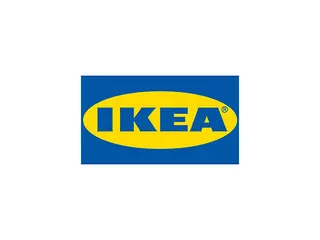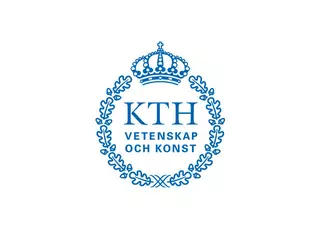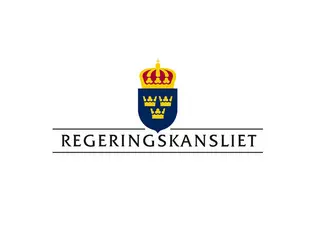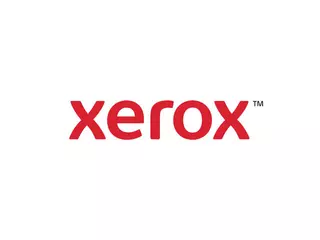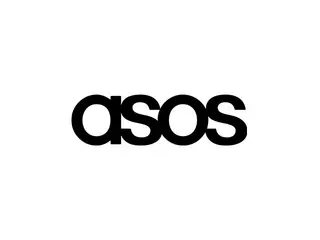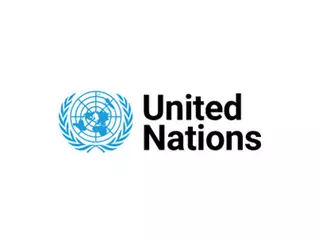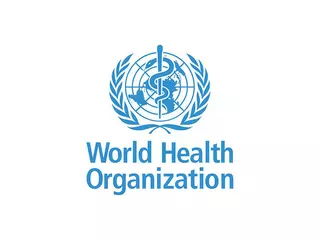Here you can order a certified translation of a text or document produced by a translator who has been approved by an authority or organisation in the country in which the translation is to be used.
You can order a certified translation online
Upload your document directly in our translation portal and, in less than a minute, you will be sent information with a price and expected delivery date. We provide certified translations of all types of documents, such as agreements, certificates, court decisions, contracts, driving licences, passports, patents, civic registration certificates, registration documents, marriage certificates etc.
We are ISO 17100 certified, which is your assurance of quality
The Native Translator is an ISO 17100 certified translation agency, specialised in certified translation. We use qualified members of the Institute of Translation and Interpreting or the Institute of Linguists to produce our certified translations in the UK, as well as equivalent translators certified in other countries .
What is a certified translator?
The accreditation process and definition of a certified translator varies from country to country. A certified translator is an officially recognised and accredited translator. In Sweden, translators must apply to Kammarkollegiet for authorisation, in Norway it’s the Bergen School of Economics, while in many countries, such as Germany and France, it’s the courts who authorise translators and, in Spain and Poland, the Ministry of Foreign Affairs is the authorising body. A certified translation is an assurance of quality and ensures that the translator has the necessary skills to produce a translation that accurately reflects the original document. It is often a requirement for a translation to be produced by a certified translator before it will be accepted by universities, authorities, courts and other official bodies. For a translation to be certified it can either be stamped by the translator or the translator can add a ‘certificate of competence’ either as a separate document or written directly on the translation, as in the UK and USA.
Apostille
An apostille stamp is a certificate that can be used to confirm that a document, signature, seal and/or stamp on a document is genuine.
If you ask The Native Translator to translate your document, you won’t need an apostille, as we try to use translators who are certified in the country in which the translation is to be used. Note that sometimes an apostille is needed to show that the original document is genuine, in which case the apostille needs to be issued before the document is translated, as it will also have to be translated Hague Apostille.
An EU regulation from 2019 permits translations to be exempt from having to be legalised or apostilled when they concern public documents and certified copies of such documents which have been issued by a public authority in a member state and presented to a public authority in another member state.
Certified translation into 100 languages
When you order a certified translation from us, we will select a translator who is certified in the country in which the translation is to be used. The reason for this is that a certified translation produced in one country will not be accepted in another unless it is accompanied by an apostille and the country has signed the Apostille (Hague) Convention.
How to get a certified translation online
When you order a certified translation, you must state the country the translation is going to be used in. We make sure that your translator has the correct accreditation and deliver the certified translation as a scanned file. If you need the original, we can send this too, just remember to click the box to indicate you want a paper copy when you order your translation. If you have any questions, you can reach us 24/7 at email.
Documents that you may need a certified translator for:
- Civic registration certificates
- Diplomas and grade certificates
- Marriage certificates
- Divorce decrees
- Medical records
- ID documents
- Financial documents
- Contracts and agreements
- Passports and driving licences
- Registration certificates
An ISO 17100 certified translation agency, your assurance of quality.
Of course, you get the same fast service even if you need a certified translation. We can normally deliver certified translations within 24 hours, too. As a certified translation agency, we can guarantee our clients get the best quality. Our quality certification means that the procedures we use in the translation process must follow certain requirements, which ensure that we deliver a correct translation to you.
You will find below a few examples of the different requirements for certified translations in different countries:
- Netherlands
Only sworn translators acknowledged by the Dutch Court are entitled to perform certified translations of official documents such as birth/marriage certificates, diplomas, etc. - Belgium
In Belgium, a distinction is made between sworn and legalised translations. Sworn translations bear the signature and/or stamp of the translator while a legalised translations also require a stamp from the court where the translator was sworn in. - Greece
Certified translations are performed by a lawyer or by the Greek Foreign Ministry’s Department of Translation. On occasion, translations can be carried out by individual certified translators, however these can be difficult to locate. - Norway
STATSAUTORISERTE TRANSLATØRERS FORENING (STF) – The Association of Government Authorised Translators in Norway
Members of this Association have to pass a demanding translation written and oral examination in the languages concerned. This certification represents the highest Norwegian qualification for translations to and from Norwegian of specialised, industry-specific texts. Translators possessing this certification are authorised by the Norwegian government to place their stamp and signature on documents, along with the words ‘True Translation Certified’, thus constituting a certified translation services. - Denmark
Certified translations are only valid as legal documents if performed by state-authorised translators. The Danish Ministry of Foreign Affairs can ‘legalise’ a certified translation for further proof of legal validity. Essentially, this involves authenticating the signature of the translator.
If a document is intended for use in non-signatory country, then that particular country’s diplomatic representation in Denmark is required to legalise the document. - Venezuela
In Venezuela, a certified or sworn translator (Interprete Publico) is authorised with the awarding of a degree from the Ministry of Internal Affairs and Justice. Any document translated from a foreign language will only be legal in Venezuela if translated by a certified translator. - Argentina
In compliance with Law #20,305, all public documents (including personal papers and some commercial contracts) have to be translated and signed by a ‘certified public translator’, whose seal and signature have to be legalised on each document by the translator’s professional body of jurisdiction. - Germany
German regional courts (Landgerichte) have the power to appoint ‘sworn translators’. - Indonesia
In Indonesia sworn translators, often called certified or authorised translators, are people who have attended and passed translator qualification examinations in the legal field organised by the School of Linguistics and Cultural Sciences, University of Indonesia (FIBUI). After passing this exam, they will then take an oath before the Governor of DKI Jakarta. - Italy
Both Italian courts and consulates have the power to appoint as ‘official translators’ candidates who have passed an examination or can demonstrate language proficiency (usually a university degree). - Mexico
In Mexico, some local institutions, such as the Superior Court of Justice, require that a written and oral examination be passed for a translator to be recognised as an expert or ‘sworn’ translator. - Poland
The standards of translation in Poland are regulated by a relevant department of the Ministry of Justice and every translator wishing to provide such services must sit a formal examination. - South Africa
In South Africa, the translator must be authorised by the High Court, and must use an original (or a sworn copy of an original) as the source text. The translator may only swear on his own translation. There is no requirement for an additional witness (such as a notary) to confirm the authenticity of the translation. - Spain
Only sworn translators can produce a sworn translation in Spain. To become a sworn translator in Spain, the candidate has to pass an exam set by the Spanish Ministry of Foreign Affairs and Cooperation. - Sweden
The ‘Kammarkollegiet’ is an official agency which authorises interpreters and translators, who must pass a stringent examination set by the organisation. Authorised translators hold a protected professional title, and their translations are considered legal and binding for all legal purposes. - United States of America
The U.S. Department of Labor, Bureau of Labor Statistics states: "There is currently no universal form of certification required of interpreters and translators in the United States, but there are a variety of different tests that workers can take to demonstrate proficiency."




